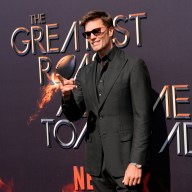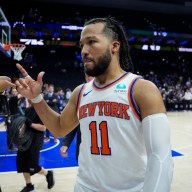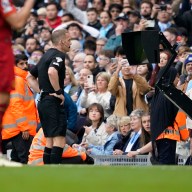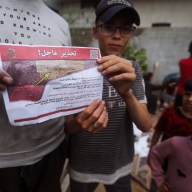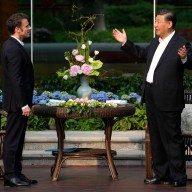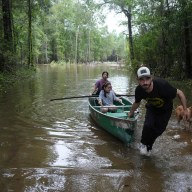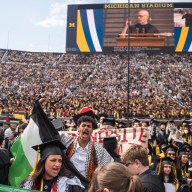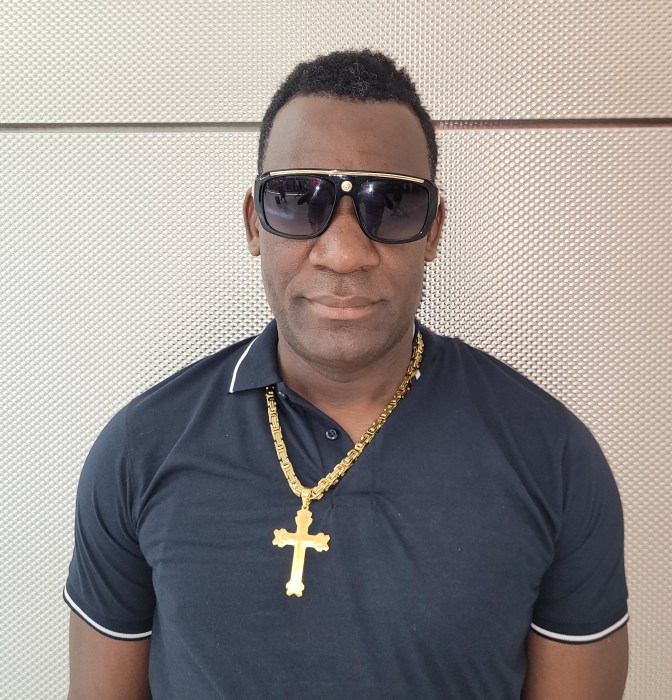For more than four years, Andrew Russell and Gabriel Beauchesne-Sevigny have been the top sprint canoe tandem in Canada.
But Andrew’s younger brother, Ben, hopes to have something to say about that this weekend when he hits the water in Montreal with partner Richard Dalton of Halifax for the final set of sprint canoe-kayak national team trials.
Ben Russell and Dalton are facing a must-win situation in the C-2 1,000 against Andrew Russell and Beauchesne-Sevigny.
That would force a tie-breaking race-off for the coveted spot at August’s world championships.
“Absolutely … We’re pretty confident,” Ben said, when asked if he and Dalton can take the next step. “They’re a great crew, but we think we’re at the same level as them and any given race we think we can take them.”
Ben, a 22-year-old Dartmouth native, has steadily improved over the past four years, going from an up-and-comer to an Olympic contender.
Dalton, meanwhile, went to the 2004 Athens Olympics in C-2 with since-retired Mike Scarola and is one of the country’s most experienced paddlers.
The two teamed up this summer to challenge the Russell/Beauchesne-Sevigny boat, which represented Canada at the 2008 Olympics in Beijing.
“Rich and I jumped into the C-2 at the final set of team trials last year and came quite close to beating them,” Ben said.
“Ever since, we both knew this year was gonna be a bit of a head-on competition.”
Ben Russell and Dalton actually won a head-to-head race at the first set of team trials in May, but there wasn’t much at stake.
The stakes don’t get much higher now.
“We think if we execute and be a little bit better in the second half of races, we can be right there with them,” Ben said.
Championships
• The world championships will be held Aug. 19 to 22 in Poznan, Poland.
• A record 11 Nova Scotians were among 40 Canadians who competed at the 2009 worlds on Lake Banook.
• Canoe-Kayak Canada has narrowed its selection criteria to reduce travel costs, meaning 10 fewer athletes could go to worlds.

